ANDREW PIPER teaches German and European literature at McGill University and is the author of Dreaming in Books, also published by the University of Chicago Press.
The University of Chicago Press, Chicago 60637
The University of Chicago Press, Ltd., London
2012 by The University of Chicago
All rights reserved. Published 2012.
Printed in the United States of America
21 20 19 18 17 16 15 14 13 12 1 2 3 4 5
ISBN-13: 978-0-226-66978-6 (cloth)
ISBN-13: 978-0-226-92289-8 (e-book)
ISBN-10: 0-226-66978-5 (cloth)
ISBN-10: 0-226-92289-8 (e-book)
Library of Congress Cataloging-in-Publication Data
Piper, Andrew, 1973author.
Book was there : reading in electronic times / Andrew Piper.
pages cm
Includes bibliographical references.
ISBN-13: 978-0-226-66978-6 (cloth: alkaline paper)
ISBN-10: 0-226-66978-5 (cloth: alkaline paper)
ISBN-13: 978-0-226-92289-8 (e-book)
ISBN-10: 0-226-92289-8 (e-book)
1. Books and reading. 2. ReadingTechnological innovations. I. Title.
Z1003.P576 2012
028.9dc23
2012004868
 This paper meets the requirements of ANSI/NISO Z39.48-1992 (Permanence of Paper).
This paper meets the requirements of ANSI/NISO Z39.48-1992 (Permanence of Paper).
BOOK WAS THERE
Reading in Electronic Times
Andrew Piper
The University of Chicago Press CHICAGO + LONDON
C ONTENTS
P ROLOGUE
Nothing Is Ever New
Book was there, it was there.
GERTRUDE STEIN
When I was punished as a child, I was sent to my room to read. You wont find this in many parenting handbooks today. From this I learned that reading was an activity that allowed me to calm down, to locate a sense of repose, which was not that easy for an eight-year-old boy with an older brother. It was the first intimation I had, unconscious at the time, that reading was a discipline. It takes work to learn, to advance, to maintain. Reading isnt just an escape, it also disciplines us, it molds us into who we are. I am now, thanks to my disciplinary past, a professor of literature.
I was not just a reader as a child, but also a computer user. I belong to the first generation of children who grew up using personal computers. We had a Radio Shack TRS-80 at home (and Pong), a Commodore 64 at school, and later an Apple IIe on which I wrote my college applications. I was programming my TRS-80 when I was nine. I went to computer camp. Computers and video games were as much a part of my life as books.
Personal tales of readers are often shaded by a touch of hyperbole: Goethe tells us he had read all of Racine and Molire by the age of nine, Sartre tells us he had finished the encyclopedia before most children had begun reading, that sort of thing. Great readers have always read all of the books. By this definition, I was never a great reader. Maybe thats why I had to be sent to my room. Or maybe it was all those electronic gadgets vying for my attention, or maybe it was too many reruns of Threes Company. It is too hard to say now. For me, the book was never the superhero of most readers personal histories. But it was at least still there.
Today, my children, who are now four and seven, are growing up in a world where this balance seems to many to be coming unhinged. We worry that these new digital natives will never know what it is like to sit in a room of their own and read a book. They wont share my memories of the punctuated stillness and the contoured sensuality of turning the pages of Shel Silverstein, The Wind in the Willows, or the mind-bending work of Madeleine LEngle. All they will know is the frenetic, problem-solving interactivity of the electronic screen. As a last ditch effort to instill in them an attachment to the book, my wife and I now take away story time when our children are punished (this too you will likely not find in todays parenting handbooks). But for how much longer can the book seem like a forbidden fruit?
For some, however, we are not doing enough interacting with our digital devices. We know how to play with them, but few understand anymore how they work. Knowledge of our reading tools is lagging behind our use of them. They have become the ultimate black boxes, functional (mostly) and sealed off from human understanding. We are becoming the tools of our machines and not the other way around. In this sense, we are becoming less and less literate.
As both a parent and a professor, my job is to teach young people how to read. However far apart these two audiences may seemone group is learning to decode narrative structure, the other the shape of lettersthey are connected by belonging to the same trajectory of how reading informs who we are and how we think. And never before has this trajectory, for children and adults alike, seemed more unsettled due to changes in the material, not content, of what we read. Trying to understand how technologies, both new and old, shape how we read has emerged as one of the more urgent concerns of my personal and professional life. Judging by the amount of material written on the subject of late, it clearly has for many others, too. Answers are both too plentiful and too premature right now. What we really need is a better road map.
...
This book is not a case for or against books. It is not about old media or new media (or even new new media). Instead, it is an attempt to understand the relationship between books and screens, to identify some of their fundamental differences and to chart out the continuities that might run between them. Much like my own personal history in which computers and books were interwoven into the fabric of my life from the very start, electronic reading has a very deep bibliographic history. In Gertrude Steins words, books were there. It is this thereness that is both essential for understanding the medium of the book (that books exist as finite objects in the world) and also for reminding us that we cannot think about our electronic future without contending with its antecedent, the bookish past. Books got there first. Books and screens are now bound up with one another whether we like it or not. Only in patiently working through this entanglement will we be able to understand how new technologies will, or will not, change how we read. I can imagine a world without books. I cannot imagine one without reading.
There is by now a vast field of research that falls under the heading of reading. But in truth we have no idea what happens when people read. People have read out loud, silently, linearly, haphazardly, attentively, distractedly, purposefully, together or alone, with or without pens or pencils, with one hand or two, while sitting, reclining, standing, or walking, by candlelight, sunlight, or even moonlight. People have slept while appearing to read, read while appearing to sleep (children and flashlights!), and left books lying around as though they might be read soon or someday or never. Reading is a way of disciplining our minds, and it is also one of the most efficient means of mental escape. More recently, thanks to the wonders of new imaging technologies, we have learned how the mind and the eye work together to process words on the page (by making four to five jumps every second) and whether we decode words phonetically or graphically (the answer is both). We now have scholarly databases to record our reading experiencesif readings soporific rhythms can indeed be called an experienceand courtesy of electronic readers, organizations can aggregate users page views and note taking so that we, or some of us, can see the sum total of readers habits.
Despite all of this we really have no idea what it is people do when they read. That is one of readings great gifts to ourselvesthe creation of a practice that is fundamentally opaque. To think of doing something that could be impossible to define or to knowthe ultimate human daring. First came fire, then text.
Next page

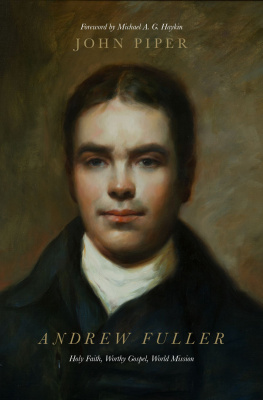

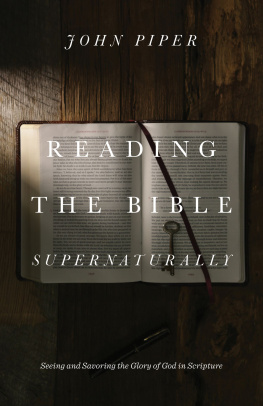
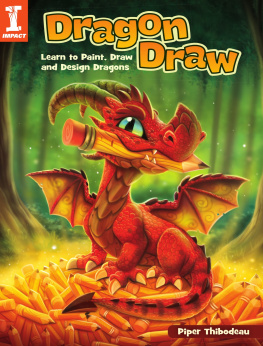
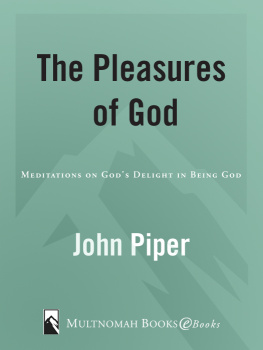
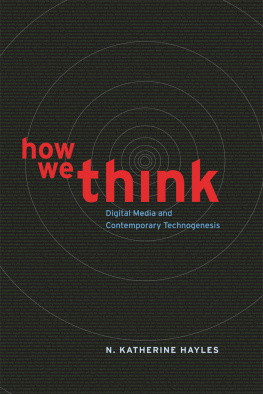
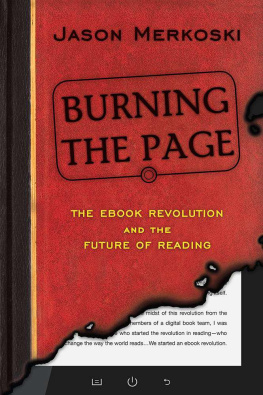
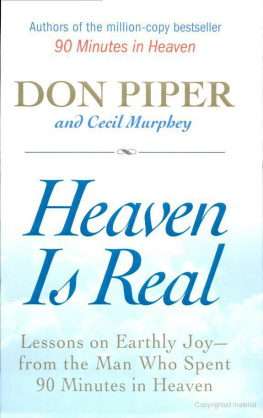
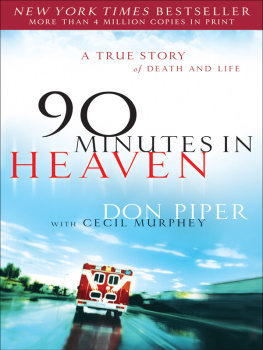
 This paper meets the requirements of ANSI/NISO Z39.48-1992 (Permanence of Paper).
This paper meets the requirements of ANSI/NISO Z39.48-1992 (Permanence of Paper).